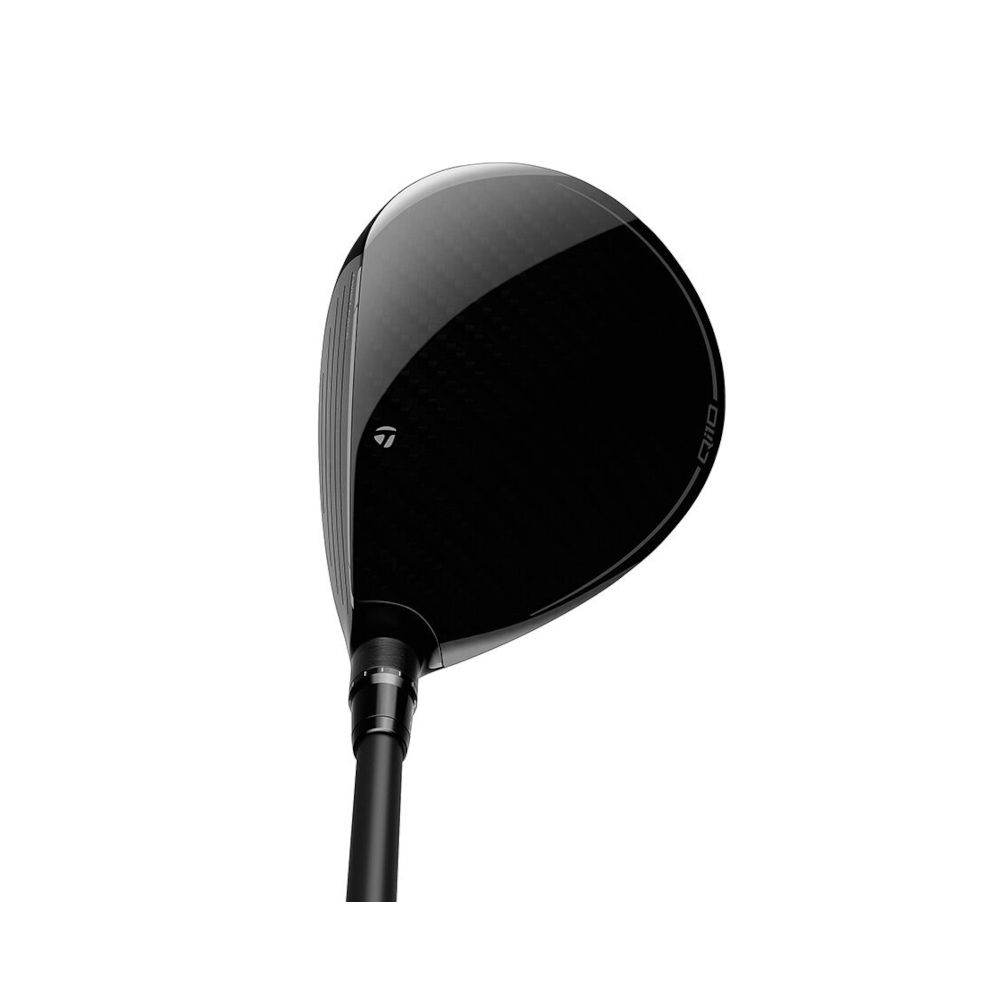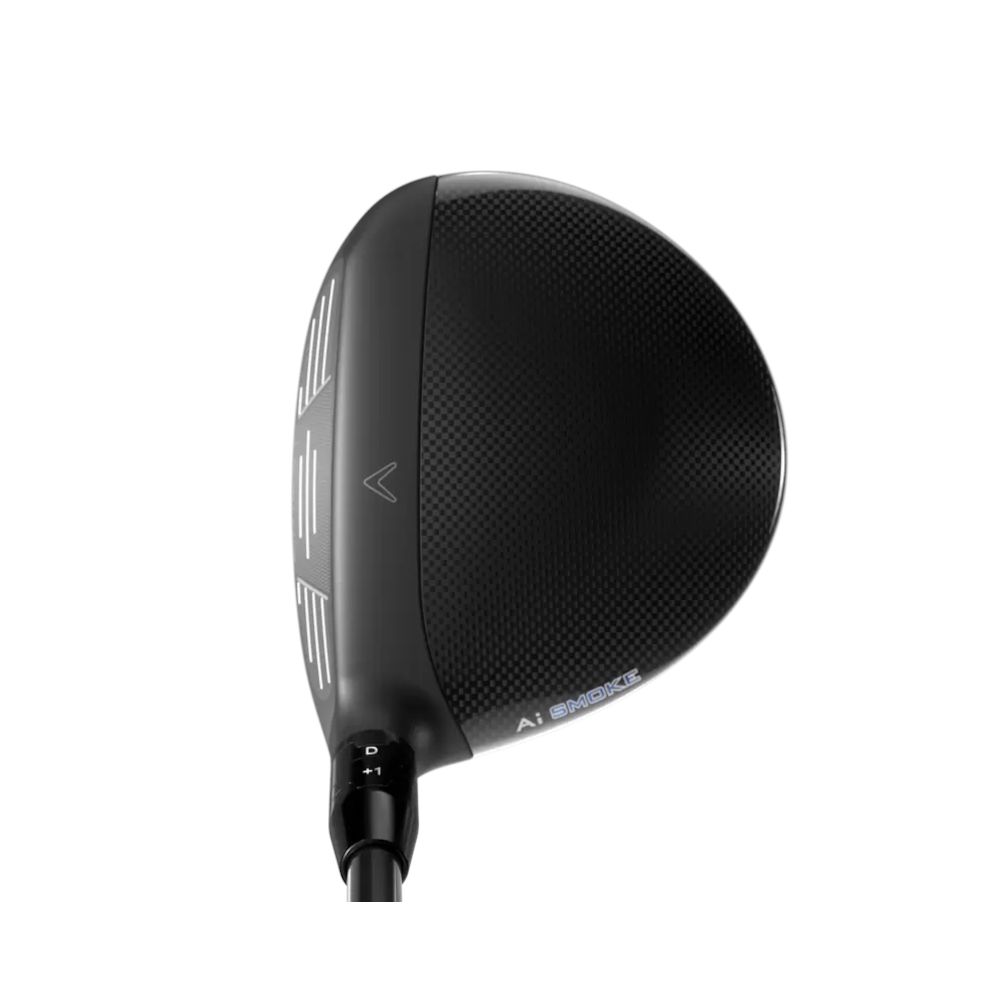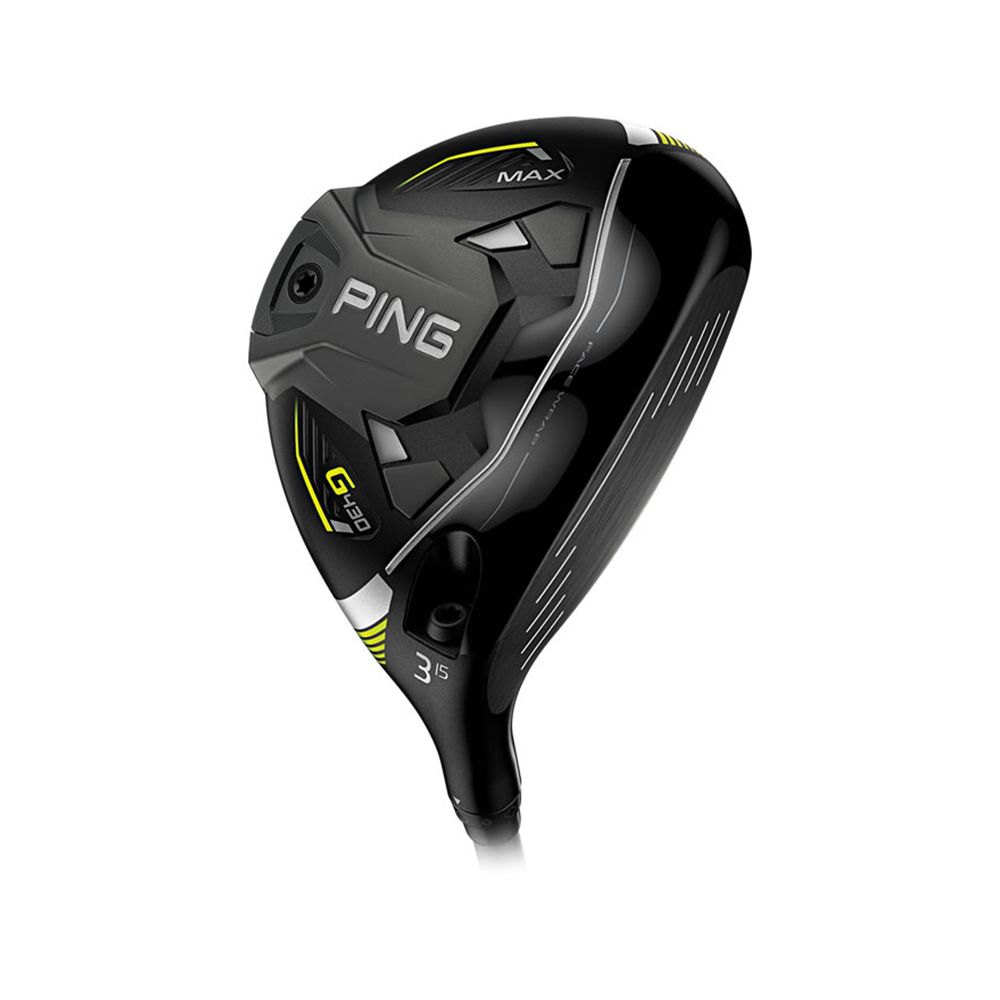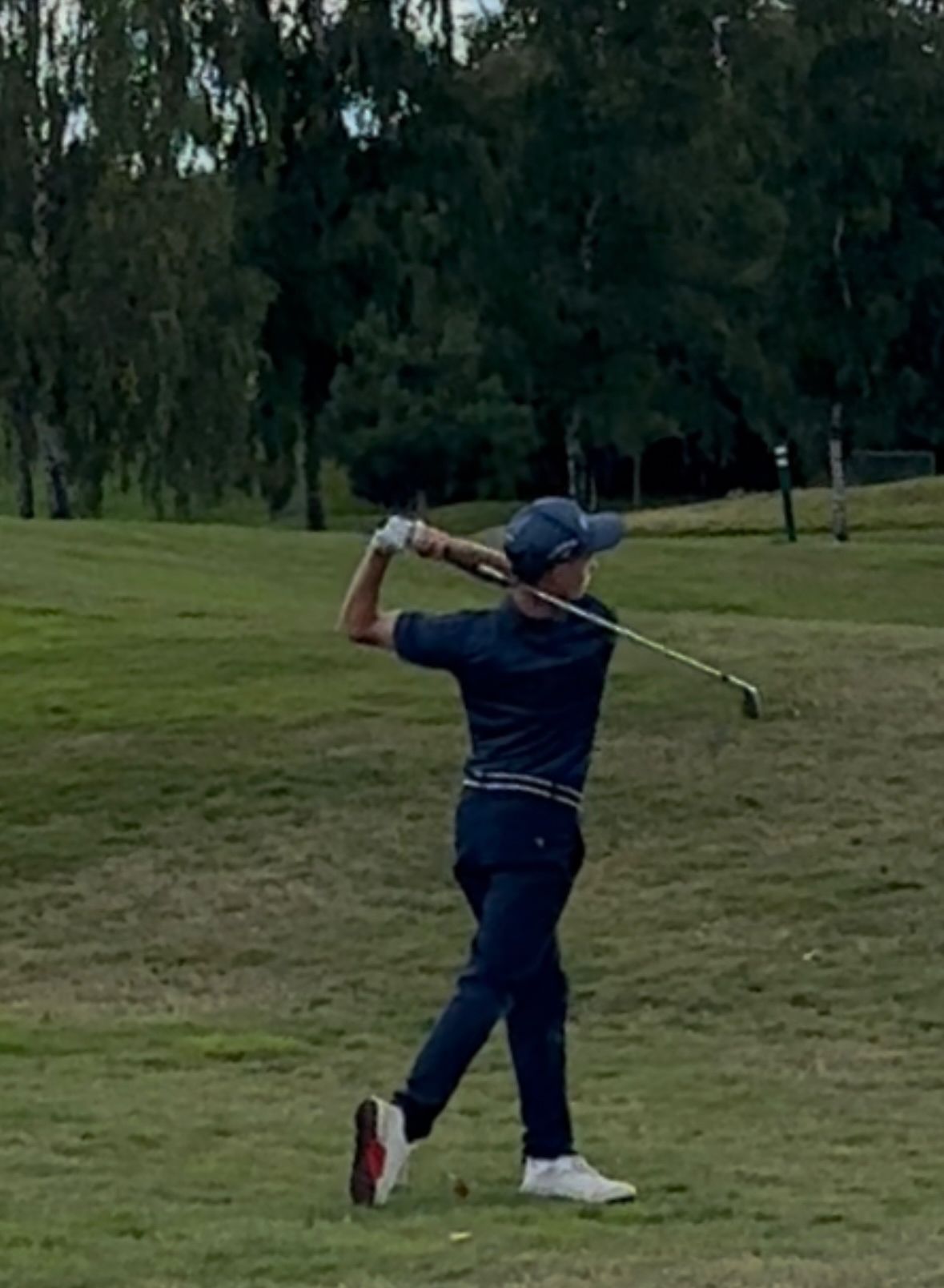Fairway Woods
The fairway wood is one of the most versatile golf clubs you can buy, and golfers usually carry more than one in their golf bag. They can be easier to hit than a driver and help you find distance and consistency from the tee. They are also playable from the fairway, replacing tricky long irons, and can even be effective from the rough or around the greens.
Our catalog of fairway woods
We have the very latest models from all the major brands including Callaway, TaylorMade, Titleist and Cobra, each delivering varying features and benefits with different lofts, shafts and head sizes. Some premium models offer experienced players levels of adjustability, while others offer a solid all-round set-up for the improving golfer.
Which fairway wood should you play?
As they have more loft than drivers, 3 woods can be easier to hit and be more forgiving than a driver from the tee. If you are on a long par 5 and want to reach the green in two from the fairway, a 3 or 4 wood can be easier to hit than a 2 or 3 iron. A 5 wood, a 7 wood or a 9 wood gives you the choice of hitting the green from the fairway with more loft than a 3, 4 or 5 iron.
Fairway woods or hybrids? Most golfers will go for one or two fairway woods, then one or two hybrid clubs. The larger heads of the fairway woods will be more forgiving and send the ball higher as they create more backspin. Fairway woods are generally better from the fairway and the tee, while the smaller-headed hybrids will be better from the rough. In terms of distance, fairway woods replace long irons, while hybrids replace long to mid irons.
Adjustability: Some manufacturers now produce fairway woods with adjustability settings. These clubs allow golfers to adjust the loft using an adjustable hosel, typically by up to 4 or 5 degrees. Some models allow you to adjust the club face, whether you want an open, closed or square face at address, while some come with weight screws or moveable weights so you can change the centre of gravity in the club head.
Materials: Most fairway woods will have club heads made from steel because it is not as large as a driver, and it is strong and forgiving. Titanium is lightweight and more common in larger headed fairway woods and are usually more expensive. Composite fairway woods are becoming more common and use a lighter material such as carbon on the crown or rear of the club head reducing its weight. This makes the club more forgiving and less costly than titanium.
Shatfs: Graphite shafts are the most common on fairway woods and the different flexes they allow will suit all swing speeds.





















































